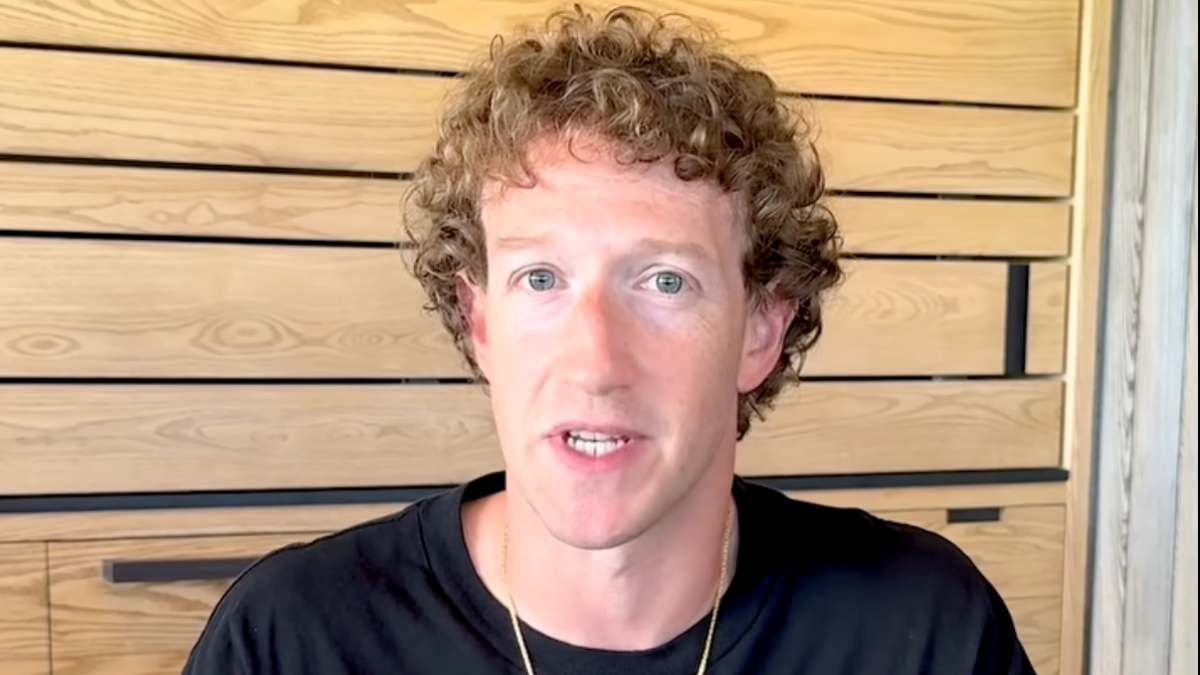Claim: Mark Zuckerberg plans to fire Meta’s U.S. fact-checkers, weaken disinformation moderation, and follow Elon Musk’s example to increase engagement by allowing misinformation to spread unchecked.
Verdict: MISLEADING
Fact:
- Meta’s Fact-Checking Efforts
- Meta has historically partnered with third-party fact-checking organizations to moderate content on Facebook, Instagram, and Threads. These partnerships aim to label and reduce the visibility of false or misleading posts.
- While there are reports suggesting a reduction in fact-checking efforts, Meta has not officially announced a complete termination of its partnerships or disinformation moderation.
- Engagement Metrics and Misinformation
- Studies confirm that misinformation spreads faster than accurate content on social media, often driving higher engagement.
- Meta’s algorithms prioritize engagement, which can inadvertently amplify sensational or polarizing content.
- Comparison to Elon Musk’s X (formerly Twitter)
- The claim that Meta is “following Elon Musk’s example” oversimplifies the situation. While both platforms face criticism for reduced content moderation, Meta has not publicly adopted a “free speech absolutism” stance.
- Ethical Concerns and Public Backlash
- Meta has faced scrutiny over its prioritization of engagement over user safety. Historical criticism, such as Andrew Bosworth’s 2016 email, underscores the company’s controversial approach to user engagement.
Evidence:
- The article references academic insights, such as those from Dr. Cody Buntain, who links the absence of fact-checking to the rise of extreme and hyper-partisan content.
- Historical criticism of Meta’s business model supports claims about the company’s prioritization of ad revenue and engagement.
Why the Claim is Misleading:
- The claim suggests a definitive, immediate end to fact-checking on Meta platforms, which is not fully substantiated. While changes in moderation policies may occur, the extent and specifics of these changes remain unclear.
- Assertions about motivations tied to a potential Trump administration and direct comparisons to Elon Musk’s X lack concrete evidence and are speculative.
Conclusion:
The claim contains elements of truth regarding Meta’s prioritization of engagement and challenges with misinformation. However, it exaggerates and oversimplifies the company’s actions and motivations, making it MISLEADING.

